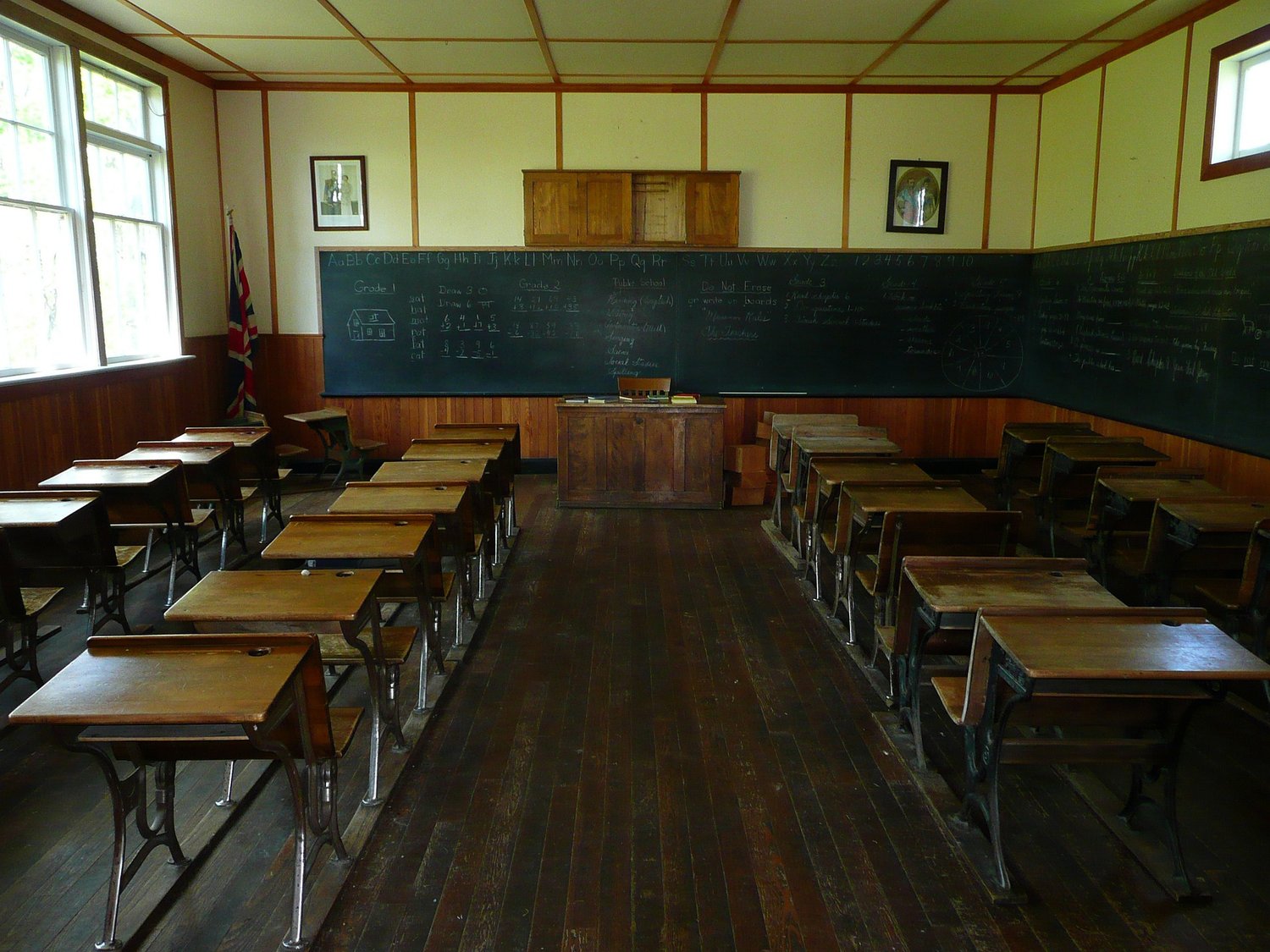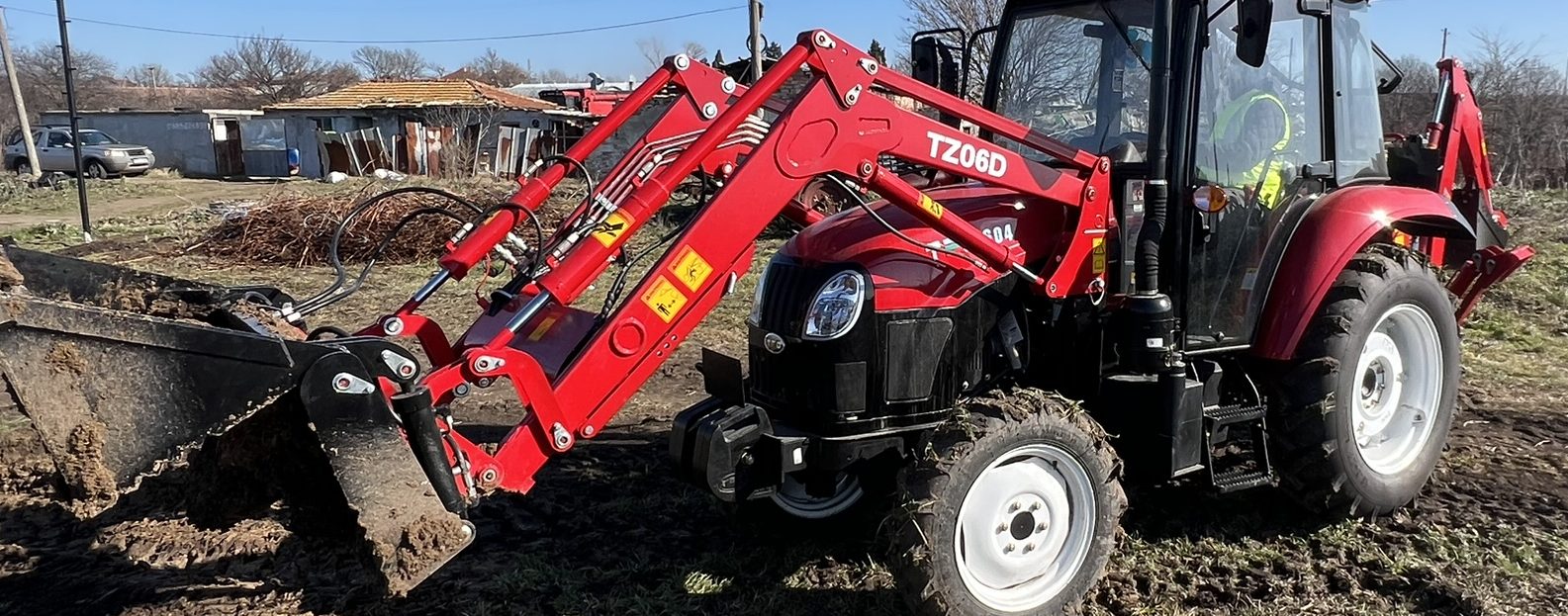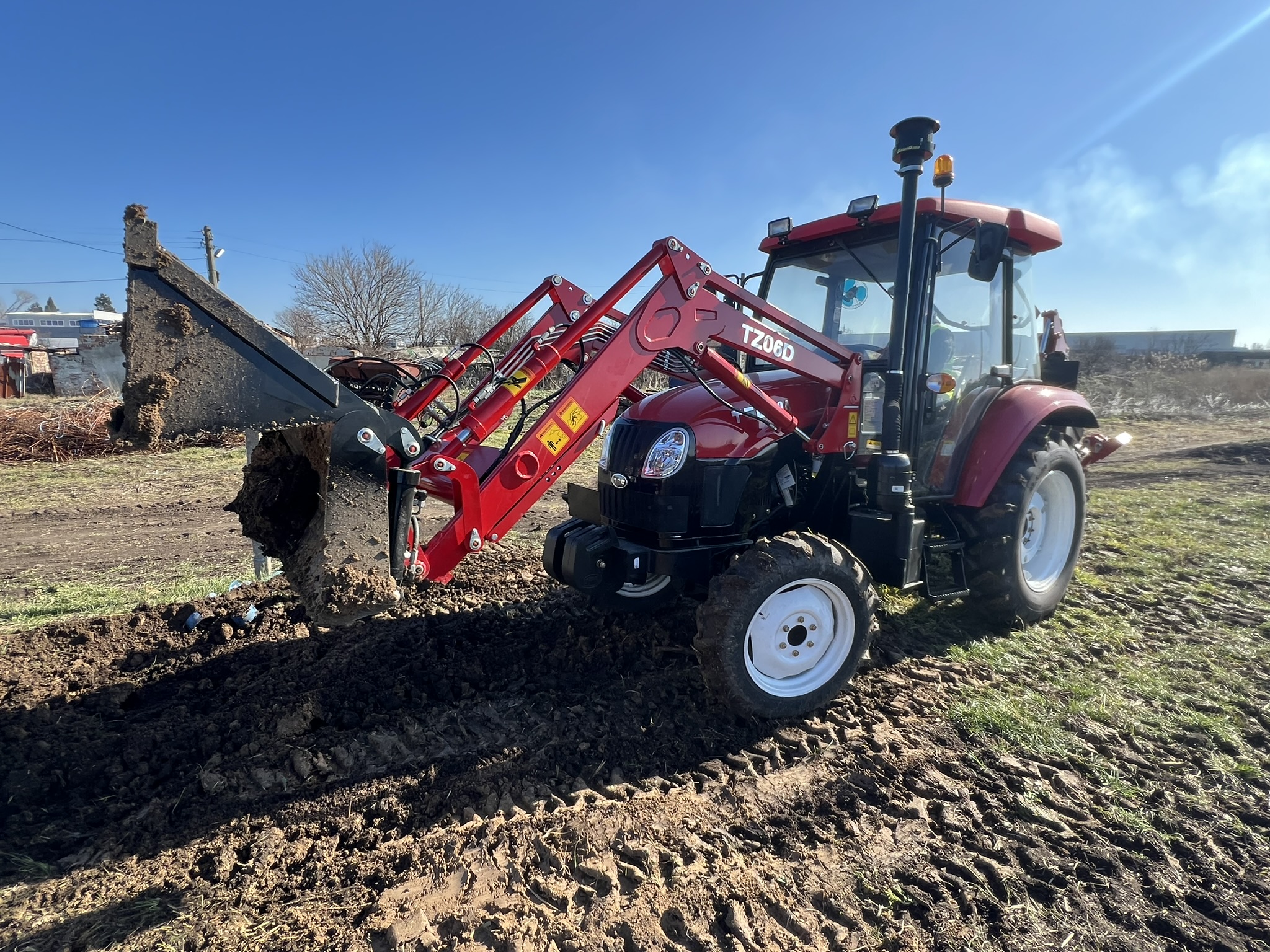
There’s this seven-year-old kid, let’s call him Tommy, in Fakecity who loves cows. Fakecity is a small town with a school of about 200 kids. Tommy loves school, but was elated to be out of school for the summer because he knew his summer would be spent halter breaking his show heifer so he could show her at the Fakecity County Fair. And that’s exactly what Tommy told his buddies and one of Fakecity ISD’s teachers at recess. However, Ms. Teacher didn’t share Tommy’s excitement.
Ms. Teacher actually told Tommy that he shouldn’t be excited to work with his show heifer this summer, in fact, he shouldn’t be excited that he owned a heifer at all.
“Why?” Tommy asked.
Ms. Teacher was quick to tell him why, “because cows cause global warming, and global warming is bad. Because you have cows, Tommy, that makes you a bad person.” (Keep in mind I’m paraphrasing here, but this is what Tommy took away from the interaction.)
So, Tommy goes home to his family’s ranch and his mom — we’ll call her Mary — could tell something was up. She asked Tommy what was wrong, to her surprise, he responded with “Mom, am I a bad person for having cows?”
Mary told him no, and asked Tommy where he got that from. Tommy then told her about the teacher at his school who told him he was a bad person for owning cows because his cows were killing the planet; and by Tommy’s family owning and raising these “planet killers” he too, was killing the planet making little ‘ol Tommy a “bad person.”
Mary told me Tommy was clearly upset. She assured him that he was not a bad person, and neither was she for raising cattle. Mary also explained climate change and how cattle are actually good for the environment, and that the teacher at Tommy’s school was misinformed.
Right about now is when Mary realized she’s between a rock and a hard place because she knows Tommy should mind his teachers and respect them, but if they’re spreading false information about Mary’s family’s livelihood and the industry that feeds the entire world, maybe he shouldn’t?
At the same time, she’s livid. How could a teacher, knowing the impact they have on children, share blatantly wrong information with their students? Better yet, how could a teacher share their opinion on such a heavy topic while actively knowing they’re shaping the minds of impressionable, seven-year-olds? Teachers aren’t hired to push agendas — they’re hired to educate and care for their students.
Needless to say, this entire interaction between Tommy and Ms. Teacher was the last straw in a laundry list of similar discrepancies between Tommy’s family and Ms. Teacher’s school. Mary said she and her husband had already decided to switch Tommy’s school for the upcoming school year anyway, and this issue just made it even more clear that their decision was a good one.
“What bugs me the most,” Mary told me, “is that there’s such a disconnect between ag and people who live the rural area where we do, and they’re still pushing these agendas and making these false claims. We’re surrounded by other ranches and dairy farms, we do what we can to educate the community, yet somehow, there’s still people out there teaching my kid that he’s a bad person for owning cows.”
Upon hearing this story, I was baffled. Mary’s right: teachers shouldn’t do this, they should know better — and good for her for setting the record straight with her child.
I share this story with you, not to bash all teachers, but to show y’all that anti-ags are active and they may be molding the minds of future consumers. Tommy is a smart kid and thankfully, he asked his parents about an issue such as cattle and climate change, giving them an opportunity to educate. But what if Tommy hadn’t asked? What if Tommy when on the rest of his life, thinking his entire family was evil for raising cows?
False information is all around us: in the news, on social media, even in our school systems. It’s our job to educate the next generation about ag, so let’s get to it.

